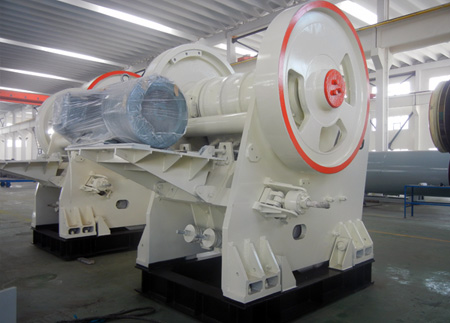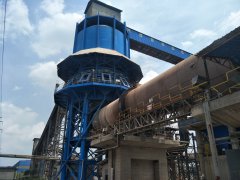A crusher, also known as a crushing machine or crusher machine, is a mechanical device designed to break down large rocks, minerals, or other solid materials into smaller, more manageable pieces. Crushers play a crucial role in various industries, including mining, construction, and recycling, as they facilitate the preparation of raw materials for subsequent processing or disposal.
Types of Crushers:
There are various types of crushers tailored to different applications and material characteristics. Common types include jaw crushers, cone crushers, impact crushers, and gyratory crushers. Each type operates on distinct principles of mechanical force application to achieve efficient size reduction.
Jaw Crushers:
Jaw crushers consist of a fixed jaw and a moving jaw. The material is fed into the crushing chamber and is compressed between the two jaws. The movement of the moving jaw creates a powerful force, breaking the material into smaller particles.
Cone Crushers:
Cone crushers utilize a rotating mantle within a concave bowl to crush materials. The material enters the crushing chamber from the top and is progressively crushed as it moves towards the bottom of the chamber.
Impact Crushers:
Impact crushers involve the use of impact rather than pressure to crush materials. Material is fed into a chamber where a rotor with hammers or blow bars accelerates and collides with the incoming material, breaking it into smaller particles.
Gyratory Crushers:
Gyratory crushers consist of a conical head and a concave surface. Material is fed into the top of the cone-shaped crusher and is crushed as it gyrates, creating a more uniform product compared to jaw crushers.
Applications:
Crushers are widely used in diverse industries for various applications. In the mining industry, crushers are essential for breaking down large rocks into smaller, transportable pieces for further processing. In construction, crushers are employed to produce aggregates for concrete and road construction. Additionally, crushers are integral to recycling operations, reducing materials like concrete and asphalt into reusable products.
Innovations and Advancements:
Advancements in crusher technology continue to enhance their efficiency and performance. Modern crushers often feature automation, adjustable settings, and improved safety measures. Additionally, innovations in materials and design contribute to increased durability and reduced maintenance requirements.
Conclusion:
In conclusion, crushers are indispensable machines in industries that involve the processing of raw materials. Their ability to efficiently break down large materials into smaller, more manageable sizes is critical for subsequent manufacturing processes or recycling efforts. Ongoing technological advancements in crusher design and functionality contribute to their continued importance in diverse industrial applications.



